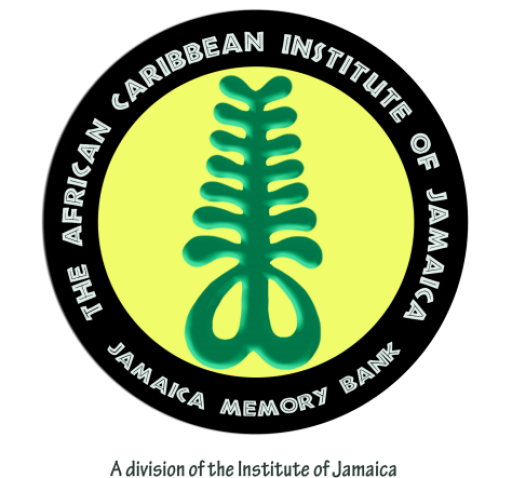MARCUS MOSIAH GARVEY
Marcus Garvey was born two decades years after the Morant Bay Rebellion of 1865. This was during the period of Crown Colony government, where there were very limited avenues for Black representation in leadership. He moved to Kingston in 1906, where he worked in the printing trade.
Garvey’s first involvement in activism came while he was working at the printing section of the Benjamin pharmaceutical company in Kingston. He joined in a strike organized by the Typographical Union of Jamaica with the printery workers even though he himself had been offered a raise in pay. Although the strike was unsuccessful, Garvey continued his involvement in the trade union movement in the earlier days of his work.
He became secretary of the National Club in April 1910 during some of the club’s most active years. Through the Club, Garvey was introduced to anti-colonial politics and came out against racism in colonial bureaucracy.
On August 1, 1914 he founded the Universal Negro Improvement and Conservation Association and African Communities’ League, with the aim of “uniting all the Negro peoples of the world into one great body to establish a country and Government absolutely their own”.
The UNIA went on to have over 1,120 branches in over 40 countries across the world by the mid-1920s. Garvey moved the headquarters to Harlem, New York, where he was based until he was arrested and convicted of fraud in 1923. He was deported to Jamaica in 1927 to a large crowd of supporters. After his arrival, Garvey formed the People’s Political Party in 1929, which was the first formal political party to be established in the British West Indies, with one of its aims being the formation of a West Indian Federation with dominion status.
Garvey focused on class and colour in his campaigns and met severe opposition from the middle class coloured and Black politicians. He was arrested repeatedly by Jamaican officials for charges including contempt and seditious libel and was accused of racism by the Jamaican ruling class. This charge of racism would continue to haunt all politicians who called for leadership by Blacks even though they were the majority population
